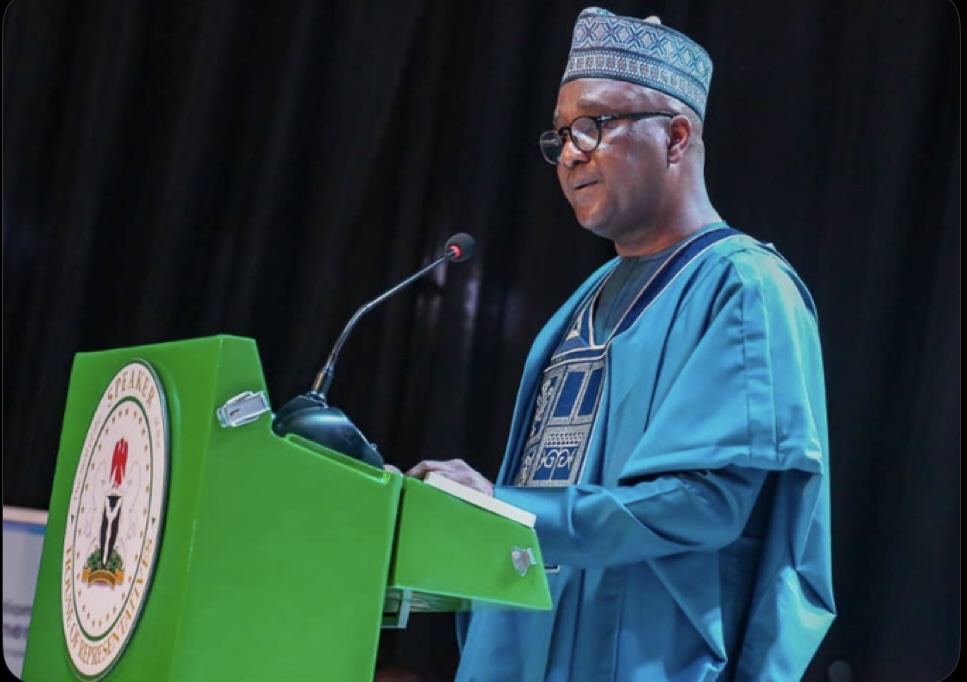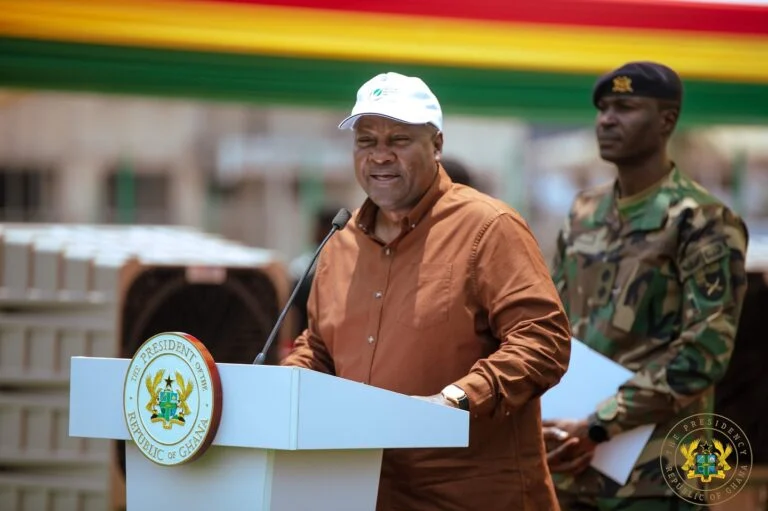Reps Commit to Judiciary Reform, Advance 23 Constitutional Bills

The House of Representatives has taken a major step toward overhauling Nigeria’s judiciary and strengthening the electoral system by advancing 23 constitutional amendment bills, signaling one of the most ambitious legislative pushes in recent years to address institutional inefficiencies and enhance the rule of law.
Speaker of the House, Abbas Tajudeen, emphasized that the amendments are designed to improve judicial independence, transparency, and efficiency. “These reforms are necessary to modernize the judiciary, guarantee financial autonomy, and provide greater access to justice for all Nigerians,” he said during a plenary session where the bills were advanced. Of the 23 bills, 10 target judiciary reforms while 13 focus on electoral matters. Key proposals for the judiciary include increasing the number of justices in the the Supreme Court, redefining the jurisdiction of the Court of Appeal, and strengthening procedures for the appointment and removal of judges. Some bills also aim to establish an Ecclesiastical Court of Appeal in the Federal Capital Territory and other states, create provisions for the resignation or removal of court heads, and expand the membership of the Code of Conduct Tribunal to ensure representation from all geopolitical zones. The bills also propose digitalization of court processes and improved case management systems to reduce delays and enhance efficiency. Lawmakers stress that these changes will reinforce the judiciary’s role as an independent, credible institution essential for upholding the rule of law and promoting investor confidence. On the electoral reform side, the bills include the creation of a Political Parties Registration and Regulatory Commission, synchronization of elections for federal, state, and local offices, and the requirement that elected officials formally resign from their political parties before defecting. Other proposals seek to transfer oversight of local government elections to the Independent National Electoral Commission (INEC) and create a National Local Government Electoral Commission to oversee all local elections. Deputy Speaker Benjamin Kalu, who chairs the House Committee on Constitutional Amendment, called for consultations with governors, state assembly speakers, civil society organizations, and the public to ensure broad-based input. Public hearings and stakeholder engagement sessions have been ongoing, with lawmakers pledging that citizen contributions will be taken seriously before finalizing the bills. While the legislative move has been widely welcomed, experts note that passing the bills is only the first step. Constitutional amendments require ratification by a specified number of state assemblies before becoming law, and successful implementation will depend on adequate funding, infrastructure, and coordination with judicial and electoral institutions. Critics also warn that some proposals could concentrate power in certain offices, highlighting the need for careful scrutiny to balance independence and accountability.









